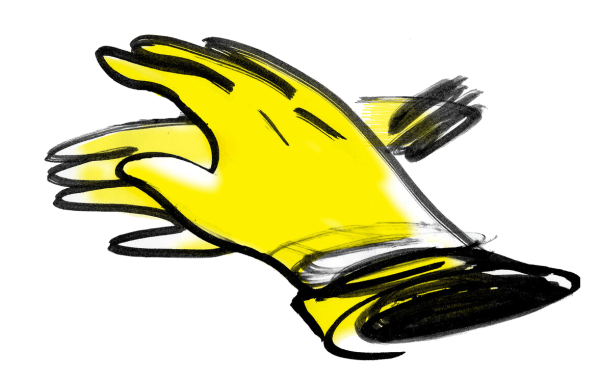Medea: lover, mother, murderer
by Sebastiano Bazzichetto
TORONTO – There was a time when men and gods lived on this planet, and their destinies met in the realm of mythology. There was a time when the myth was the only source for plays and tragedies, and that was the golden age of the Greek culture. Written by Euripides, Medea is an ancient Greek tragedy, based upon the doomed love story of Jason and the princess of the barbarian (for the Greeks) kingdom of Colchis, first produced in 431 BC. The plot revolves around the actions of Medea, sorceress and foreigner wife of Jason.

After helping him conquer the golden fleece, Medea finds herself threatened as Jason falls in love for the Greek (reputable) princess of Corinth. Medea takes vengeance on Jason by killing his new wife as well as her own children, after which she escapes to heavens on the chariot of the Sun, her divine father.

Although considered shocking to Euripides’ audiences, Medea remained part of the tragedic repertoire. The play has been the most frequently performed Greek tragedy through the entire 20th century.
The genius of Pier Paolo Pasolini was to adapt the legend and the tragedy into an eponymous movie at the end of the ‘70s, in 1969, starring the diva of the time, the soprano Maria Callas as Medea.

Between Euripides and Pasolini, French court musician Charpentier (renowned for his Te Deum) composed the score of his Médée to the French libretto by Thomas Corneille. Traditionally composed in five acts, this tragedie lyrique premiered at the Théâtre du Palais-Royal in Paris in 1693, and is the only opera Charpentier wrote for the Académie Royale de Musique. Well received by contemporary critics and commentators, including Louis XIV and his brother, the opera ran until the following year and was later revived at Lille. As a forsaken lover and torn-apart mother, Medea’s heart wrenching story takes the stage of the Elgin Theatre. For a few nights only, Opera Atelier’s production revives Charpentier’s adaptation with its majestic set design and sumptuous choreographies, as ballet was always a crucial part of Baroque French opera, enriched with the exquisite notes of Tafelmusik musicians, joined by brilliant Italian violinist Elisa Citterio as concertmaster.
Médée runs until April 29 – for info and tickets visit www.operaatelier.com




